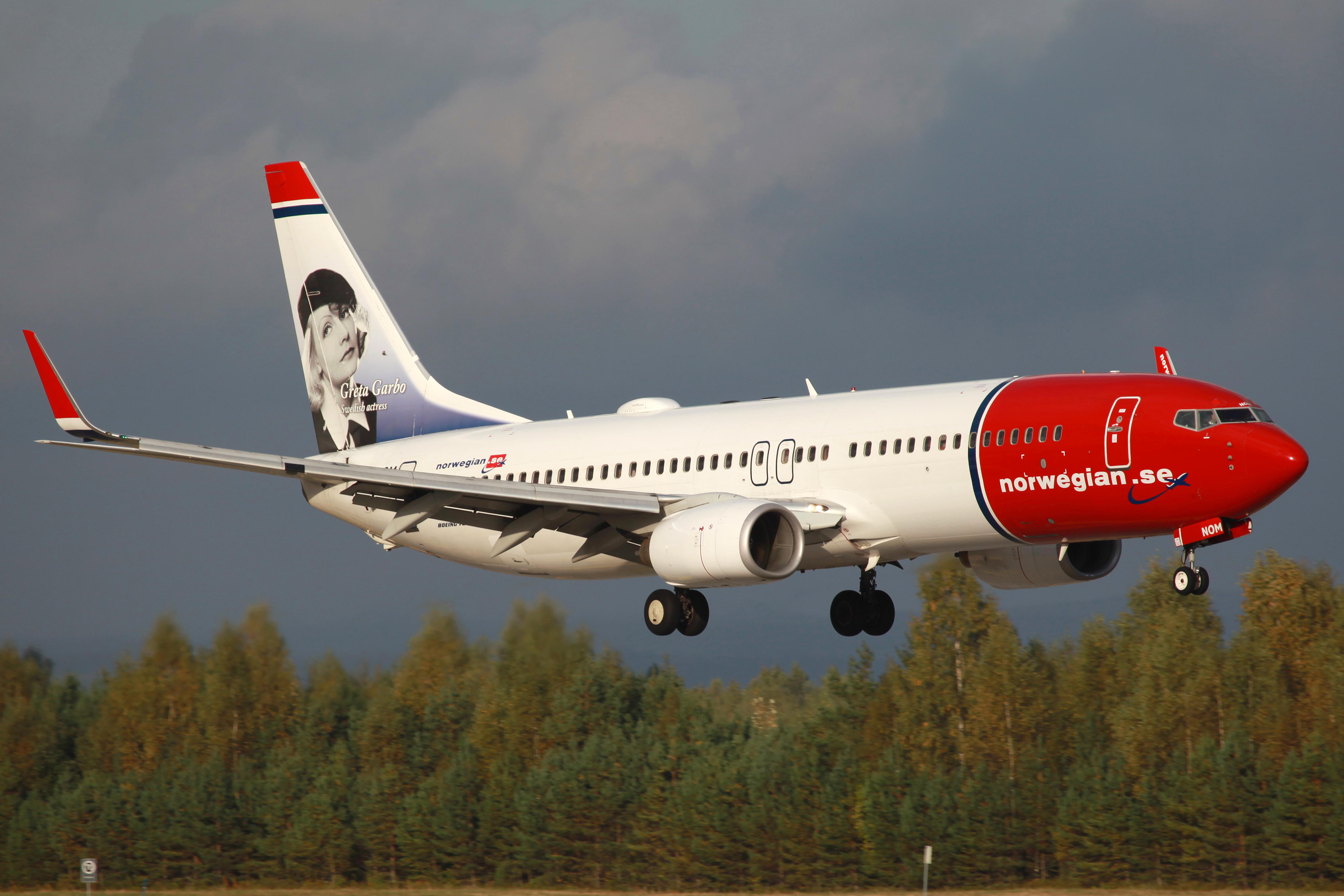

In December 2016, exactly 3 years after its initial request, Norwegian Air International (NAI), a Norwegian Air Shuttle Irish-based subsidiary – obtained a Foreign Air Carrier Permit by the US Department of Transportation (US DoT). The decision – although preannounced – hit European and American aviation hard. It signals a new era for aviation: one which allows airlines to shop around for friendly tax-regimes, friendly regulatory regimes & oversight and cheap labor. This forum-shopping scheme – also known as “Flags of Convenience” – has now received its official seal of approval by the EU & US authorities.
And it will most likely lead to lowering the labor standards across the whole industry, by setting a precedent that others will follow.
Norwegian has already today established a practice of using crews on Asian temporary agency contracts and/or based in (fake) Asian bases. And while Norwegian’s CEO – Bjorn Kjos – has made multiple pledges to no longer use Asian crew on EU-US flights (although he did not promise they would be based in Europe and have European contracts), the DoT’s decision takes away any incentive for Norwegian to keep up with these promises. For sure, the EU-US Joint Committee will have to use all its power and tools to oversee the implementation of Bjorn Kjos’ commitments.
But will it?

One thing became clear over the past years – NAI can count on noticeable friendly relations with the EU. The European Commission vocally supported Norwegian’s application for Foreign Air Carrier Permit and even started an arbitration process to speed up the US DoT decision. Although the Commission says it did so only for ‘procedural reasons’, its strong support for NAI has translated into a big push for a highly problematic business and employment model.
The US DoT decision also casts a shadow of doubt on the EU-US agreement and the meaning and value of Article 17 bis. This article stipulates that the opportunities created by the Agreement are “not intended to undermine labor standards”. And it was praised as one of the main breakthroughs when the agreement was initially negotiated. Today, both the European Commission and the US DoT have de facto emptied it from any meaning – and it will be up to them to explain what they intend this article to actually serve for.
It is therefore no surprise that US labour unions and numerous airlines are not supporting the US DoT decision and have already taken concrete steps to challenge it – measures fully supported by Europe’s pilot community. It can be hoped that these actions will result in Article 17bis to regain its initial purpose and meaning: to prevent Flags of Convenience – like NAI in Ireland – undermining labor standards across the Atlantic.
A Flag of Convenience is 'a flag of a different country under which a ship (or now - an aircraft) is registered in order to avoid financial charges, regulations or labour standards in the owner's country.' Now the phenomenon is also spreading to aviation.